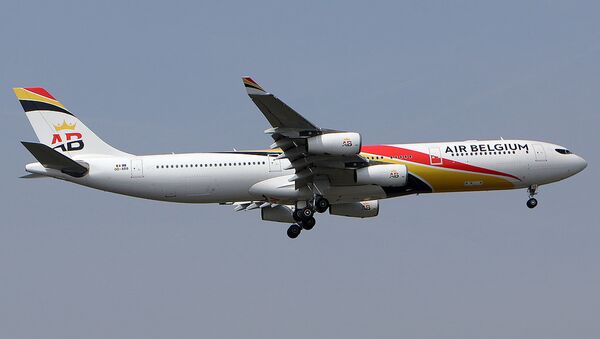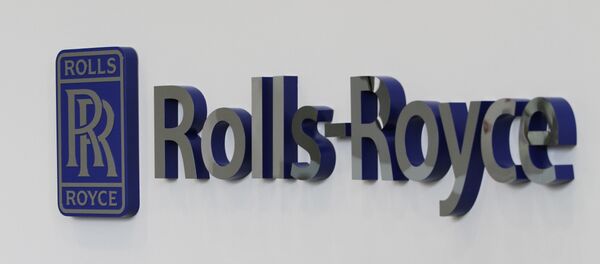The airline, which was first presented in 2016 and then officially established in May 2017, is based at the Brussels South Charleroi Airport. About 25 percent of the airline's capital is accounted for by the investment of Belgian state financing structures SRIW (the Wallonia Regional Investment Society) and SFPI (the Federal Holding and Investment Company). In April, the airline started to sell tickets for its flights without an overflight permit from the Russian authorities.
READ MORE: WATCH Terrific Moment Indian Plane Makes an Emergency Landing Near Moscow
For its routes from Charleroi Airport to Hong Kong, Air Belgium must fly over the territory of nine countries, including over the territory of Russia, which has not given its green light. Circumventing flying over the Russian territory would take at least an hour and a half more, which makes such flights impossible.
The flight's postponement forced Air Belgium to compensate passengers who had already booked their flight, or at least to find an alternative for them.
"We are talking about less than a thousand people because Chinese tourists are traveling via a tour operator and are not concerned," Nicolas Boulart, the spokesman for Air Belgium, said at a press conference.
Possible Grounds for Refusal
It is possible that Air Belgium could go down for the aggressive declarations by the Belgian lawmakers regarding Russia and for the expulsion last month of a Russian diplomat by Belgium in solidarity with the United Kingdom in the Skripal case.
Meanwhile, earlier in April, Air Belgium CEO Niky Terzakis said that the company still hoped to receive the overflight permit from the Russian authorities, adding that all the other required permissions had been secured in advance.
Facing Even More Challenges
Apart from the absence of the overflight permission from Russia, which is considered to be the greatest problem, the company is also facing operational and financial difficulties.
Besides, the airline's four-engine airplanes are no longer in demand on the market as they are more costly to run than two-engine planes.
Secondly, the company is under-capitalized with a capital of 18.6 million euros in 2018, which is more than modest for the airline business.




